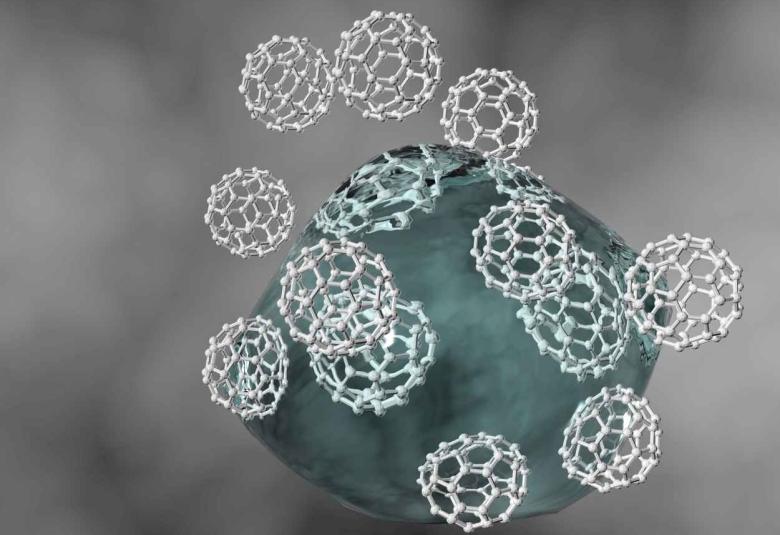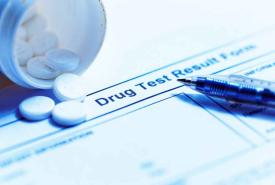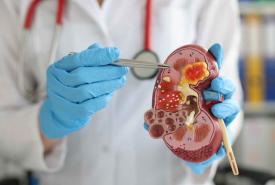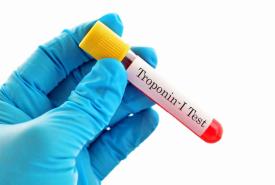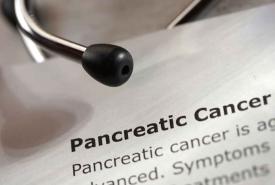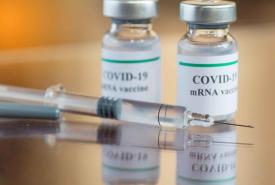Biodegradable nanoparticle capable of delivering drug directly into macrophages
How can a drug be delivered exactly where it is needed, while limiting the risk of side effects? The use of nanoparticles to encapsulate a drug to protect it and the body until it reaches its point of action is being increasingly studied. However, this requires identifying the right nanoparticle for each drug according to a series of precise parameters.


